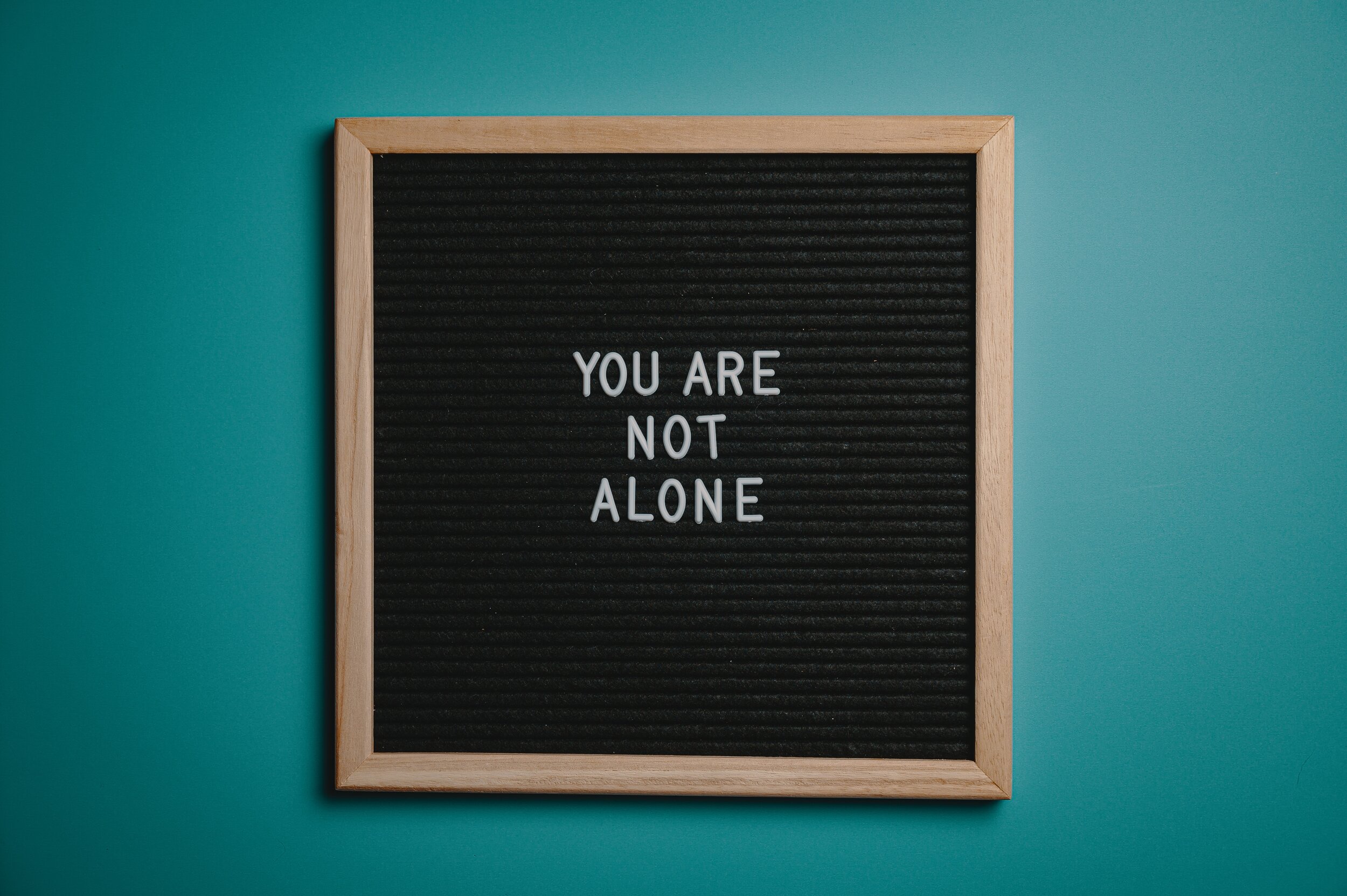The Only Thing Constant is Change
Defining Life Transitions
Transition is change. They are life’s way of asking us to reexamine our present way of being and force us to develop and grow as individuals. But even when we know that these life transitions are for our own benefit, can they can still be very difficult to deal with emotionally. These transitions can be predictable, such as a move across country or upcoming marriage, or they can be unpredictable, such as the death of a loved one or a sudden loss of a job. Regardless of the event, every transition we experience forces us to make changes to our existing life. We know that change is an inevitable part of life, but that doesn’t mean it’s always comfortable. This is especially true when the shifts are sudden or unexpected. At these times, we may struggle because our situations don’t match our expectations for how we thought our lives would be.
With change comes resistance. A major life transition closes one chapter of our life and opens a new one. It’s often a very difficult adjustment as we endure intense feelings of fear and uncertainty. Transitions can be expected or unexpected, welcomed or unwelcomed, chosen or imposed, sudden or gradual. Our natural tendency is to resist change in our routines. We can feel challenged by transitions that take us away from what is familiar. We may feel overwhelmed, disillusioned, or angry. We may blame ourselves for situations that are out of our control.
Examples of Challenging Life Transitions
Marriage or a new relationship
Arrival of a new baby
Parenting an infant, child, or adolescent
Growing up and moving away from home
Adjustment to college or the workplace
Empty nesting
Retirement, job loss, or career changes
Financial gain or loss
Serious illness or disability of self or a loved one
Issues of aging
Death of a loved one
Questioning faith or spirituality
Adjustment Disorder
A diagnosis of adjustment disorder can occur when a major life stress or change disrupts normal coping mechanisms and makes it difficult or impossible for a person to cope with new circumstances. Symptoms of an Adjustment Disorder begin within three months of a life transition and often include a depressed or anxious mood, changes in daily habits, feelings of overwhelming stress and panic, difficulty enjoying activities, and changes in sleeping or eating. This condition may also lead an individual to engage in reckless or dangerous behavior, avoid family and friends, or even have thoughts of suicide.
Therapy for Change
When life changes prove difficult and lead to stress, anxiety, or depression, a therapist can also help treat those issues and help you explore coping strategies. Because change can cause stress, it can have an effect on one's daily life. A person facing a big change might, for example, experience depression, anxiety, or fatigue, have trouble sleeping, or abuse drugs and alcohol. When people know that they do not cope well with change, speaking with a therapist before any significant changes in life occur may be warranted. In this way, one can prepare for changes and become better able to face them in the future, even without prior knowledge of potential changes.
With every life transition, there can be a sense of grief at the loss you are experiencing. Even when you have been expecting, or even welcoming, a life transition, it’s still perfectly normal to feel sadness for what you are leaving behind. It’s important to deal with that sense of loss and fear of the unknown before you’re ready to embrace your new reality. When your regular support system isn’t enough it may be time to talk with a professional, like me. An objective therapist can help you move past self-doubt and fear.


